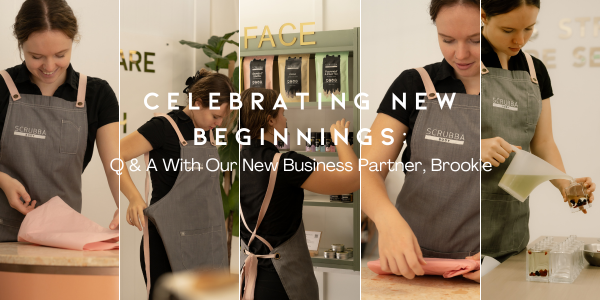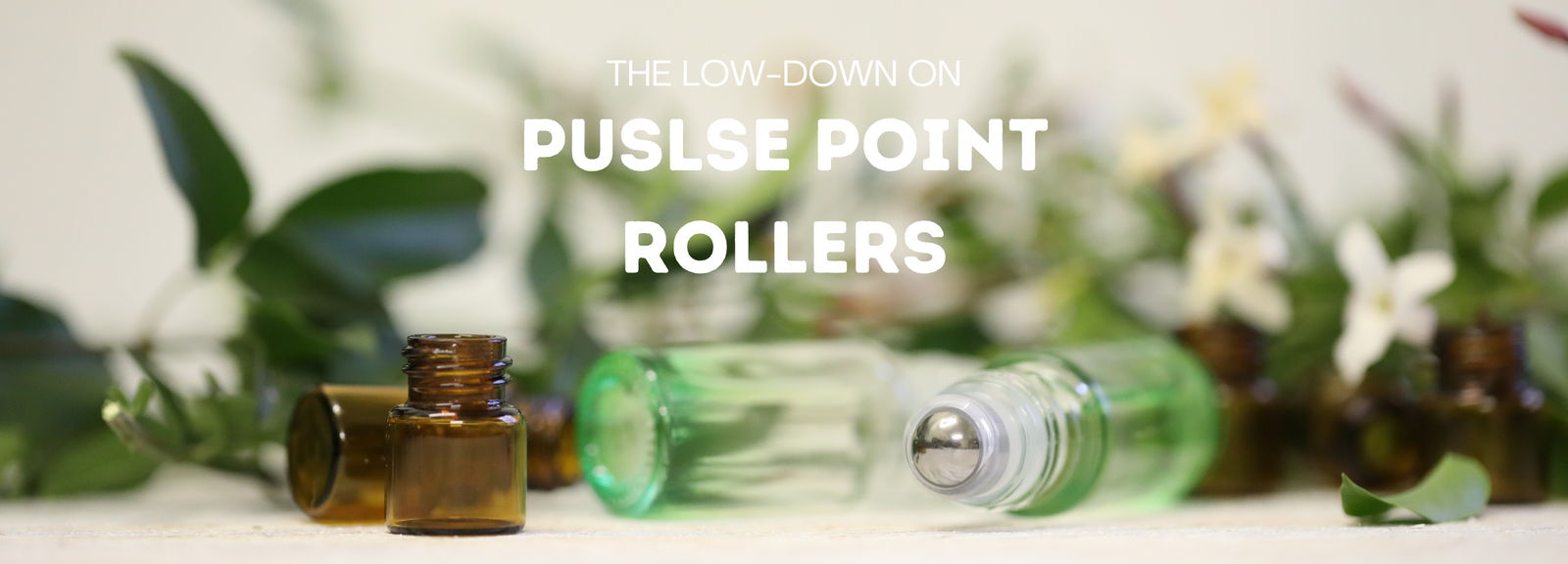Your Cart is Empty
Flat rate $8.95 shipping - Free on orders over $100.

Here at Scrubba HQ we recently celebrated our sixth birthday and it got us thinking about how far we have come and how much we have to be thankful for. While we were reflecting and making notes about our journey we all noticed how much our emotional and physical well-being changed and one of our team pointed out that it was because we were unknowingly practicing a form of gratitude. So we went in to research mode and it has completely changed our perspective on so many things.
According to research, practicing gratitude as a kind of self-care is one approach to achieve a healthier, less-stressed life. Regular expressions of thankfulness have been linked to improved optimism, better sleep, fewer physical ills, and lower levels of anxiety and depression.
Here are a few reasons to get your mind and body in the zone for more positive thoughts;
While it was formerly thought that our brains were fixed after puberty, neuroscientists have recently revealed that our brains can continue to grow and change long into old age.
Let's say you tend to gripe. You're constantly trying to find something wrong with someone or something. This pessimistic viewpoint not only affects how you feel, but it also creates a neurological pathway in the brain. Additionally, if you go down this negative route more frequently, new neural connections are made to support this particular thought process. The pathway may eventually even be protected by a process called myelination, speeding up the rate at which these neurones fire together.
However, if you focus on the positive aspects of a given situation, a new set of neurones begin to fire together. They become more closely linked as a result of repetition, and a fresh brain pathway is created. The "what's negative about the person or scenario" path is trimmed back, a process known as "synaptic pruning," making this busier path the default. The physical wiring of the brain changes with time.

More advantages than one might anticipate are promised by a quick but frequent gratitude exercise. For example, a study on college students in the US showed that those who journaled about their blessings once a week for ten weeks exercised more than those who wrote about other topics. A thankfulness practise encourages, among other things, quitting smoking, better nutrition, exercise, and sleep.
Studies have also demonstrated that being grateful can enhance immunity, sleep, and mood. Additionally, gratitude can lower risk of disease, symptoms of chronic pain, anxiety, and despair.

Another study on adults and college students in the U.S. and Korea who were asked to complete one of two thankfulness exercises - recalling a grateful experience or writing a gratitude letter - saw further boost for their social well-being. Some participants took part in activities like shopping or hiking. Participants who practised thankfulness felt closer to people than the other two groups.
A study by Dr Terri Orbuch showed that “couples in a relationship who expressed frequent gratitude to each other were the happiest in their marriages by a significant margin. In fact, 61 percent of the happy couples in my study said that their spouses "often" made them feel good about the kind of person they are, compared to only 27 percent of the other couples. For these happy couples, gratitude came in the form of words, gestures, or acts that showed a spouse that they were noticed, appreciated, respected, loved, or desired.
People who are more appreciative of a friend or partner are also more prone to share their worries about the relationship, which can spark meaningful discussions that strengthen your friendship.

Those who express gratitude more often also have higher self-esteem. This might be because you gain a stronger sense of your own worth when you purposefully pay attention to the ways other people treat you well. People who feel more gratitude are less inclined to compare themselves to others, which can alter the way they perceive themselves.
Other research has demonstrated that feeling grateful lessens social comparisons. People who are appreciative are able to accept other people's accomplishments rather than developing resentment towards those who have more money or better jobs, which is a significant contributor to lower self-esteem.
An athlete's self-esteem, which is crucial for achieving peak performance, was found to rise as a result of appreciation, according to a 2014 study published in the Journal of Applied Sport Psychology.

We have been putting everything we’ve learnt about gratitude into practice and we’re all extremely happy with the results. Check out our blog next week for the ’10 Best Ways To Effectively Practice Gratitude’. Sign up to our mailing list to get it delivered straight to your inbox.
Comments will be approved before showing up.
The ‘Refresh, Revive, Recharge’ mindset isn’t just a one-off treat — it’s a lifestyle. By building small, thoughtful self-care rituals into your daily routine, you can enjoy a more balanced, energised, and joyful life. Whether it’s a quick scrub in the shower to refresh, a dab of essential oil to revive, or a cooling mist to help you recharge, these little moments add up to big changes.
At Scrubba Body, we’re here to help you craft those moments. Browse our range of body scrubs, essential oil rollers, candles, and more to create your ultimate self-care sanctuary. Your journey to refresh, revive, and recharge starts today!


Essential oil pulse point rollers have become increasingly popular in recent years as more people seek natural ways to manage stress, anxiety, and other health concerns. These rollers are a convenient and easy way to enjoy the benefits of essential oils, and they can be used at any time and any place.
In this blog post, we will explore the benefits of essential oil pulse point rollers and how they can help to improve your health and well-being.